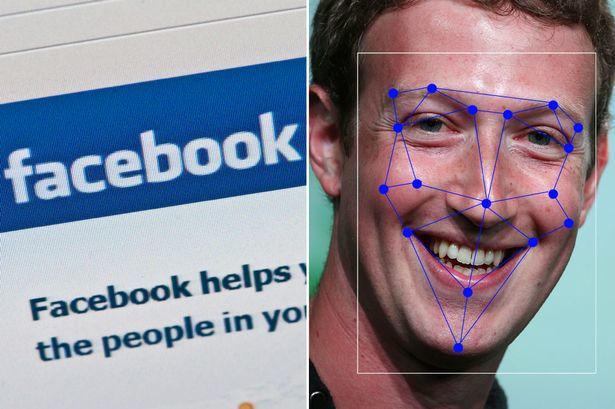
At the Baffler website, Jacob Silverman examines how a few recent major developments around facial-recognition software bring the technology much closer to everyday commercial and government use. As Silverman writes, “The menace of facial recognition lies in the possibilities it forecloses: to be unrecognized, unscannable, unknown as one passes through public life.” Here’s an excerpt:
Long considered the province of security agencies—the FBI maintains an enormous facial recognition database comprising information on millions of Americans—this ominous technology has crept into the private sector, finding a keen reception from social media platforms, which are, like their government counterparts, invested in tracking their customers. Several years ago, Facebook announced that its own facial recognition engine could recognize faces with a level of accuracy rivaling that of human beings. But such declarations are mere mile-markers on the way to bigger things, namely the commercialization and widespread adoption of this technology of control. Based on the events of the last few months, it seems we’re approaching just that.
As Slate recently noted, the use of facial recognition technology has already spread to the more mundane corners of the commercial sphere. KFC has employed a facial-recognition-based recommendation program in China, as has a burger joint in California. Walmart has promised to use it to analyze customers’ emotional responses, while the upscale retailer Saks Fifth Avenue has dabbled in using the technology to identify known shoplifters and VIP customers. At LAX, airlines are testing facial recognition as a replacement for boarding passes. In China, public toilets use the tech to ration toilet paper.
In the last couple of weeks, untold numbers of social media users have given their likenesses away to Google’s Arts & Culture app, which has a selfie feature that compares your face to those found in famous works of art. That most users likely upload their selfies without a second thought only shows how we’ve been trained not to value our own privacy, or to have a sense of ownership over our data. Beyond the impositions of the FBI or TSA, it seems that this is how facial recognition will move through society: by way of a trained passivity and, at times, the promise of entertainment and convenience.
Image via The Mirror.